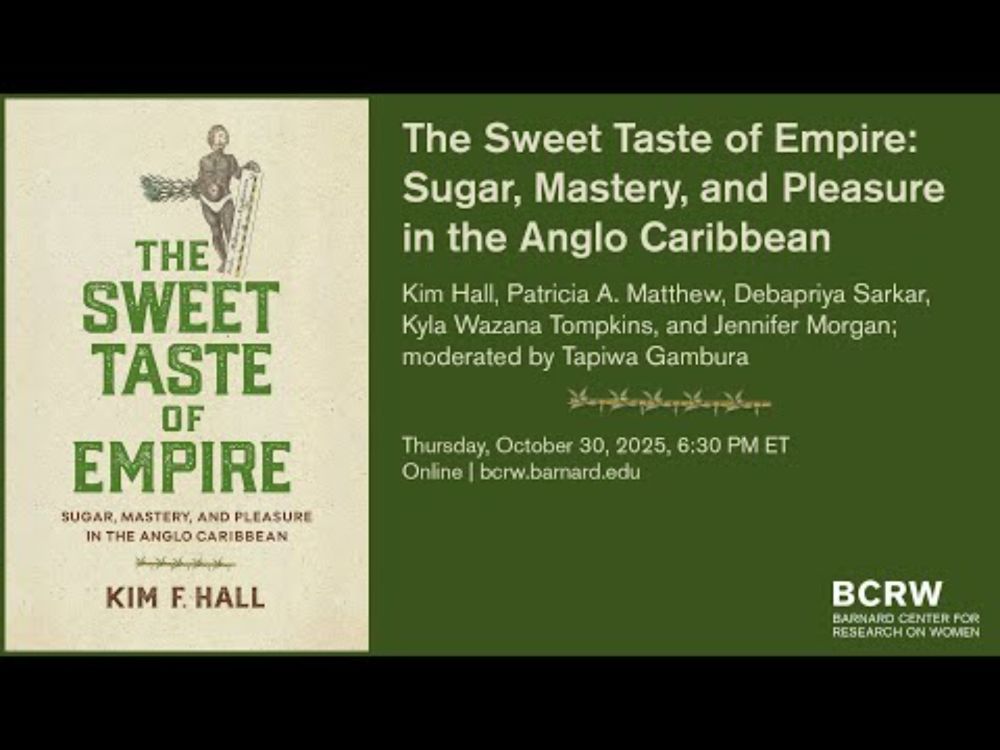
www.youtube.com/live/a-Npxq-...
Then you can buy it at 40% discount.

www.youtube.com/live/a-Npxq-...
Then you can buy it at 40% discount.








Laces maker with a central cord at the Passementerie Mill, Chicago!
Laces maker with a central cord at the Passementerie Mill, Chicago!

*one DOGE faction was planning the future of the US government at a venture capital firm
*illegally communicating on Signal to avoid transparency laws was deeply embedded into organizational culture to be taken for granted

*one DOGE faction was planning the future of the US government at a venture capital firm
*illegally communicating on Signal to avoid transparency laws was deeply embedded into organizational culture to be taken for granted
What happened to DOGE after Musk left.
www.politico.com/news/magazin...

What happened to DOGE after Musk left.
www.politico.com/news/magazin...
Killing IMLS could have killed ILL.
This is great news. 📚
librarytechnology.org/pr/31973
Killing IMLS could have killed ILL.
This is great news. 📚
www.publicbooks.org/cloth-and-co...

A Lager Darkly — In Search of Culmbacher, One of America’s Great, Extinct Beers — Good Beer Hunting share.google/6u1JNSiVzoB3...

A Lager Darkly — In Search of Culmbacher, One of America’s Great, Extinct Beers — Good Beer Hunting share.google/6u1JNSiVzoB3...





Siebel embodies much of the US beer industry's historical growth. Even if it's not ending, this departure feels symbolic and dreadful.
Siebel embodies much of the US beer industry's historical growth. Even if it's not ending, this departure feels symbolic and dreadful.
Experts say the changes will cost lives.

Experts say the changes will cost lives.


